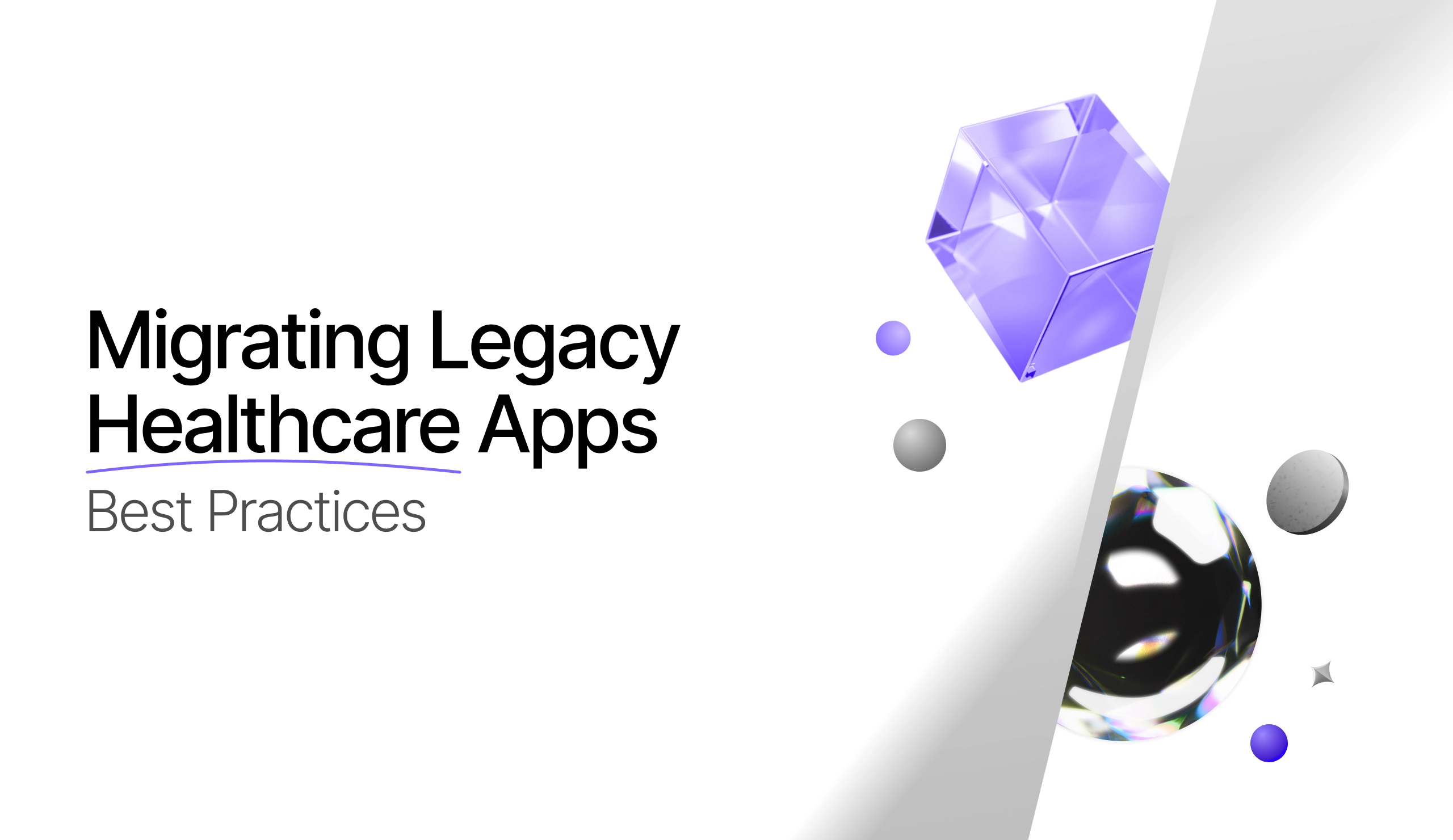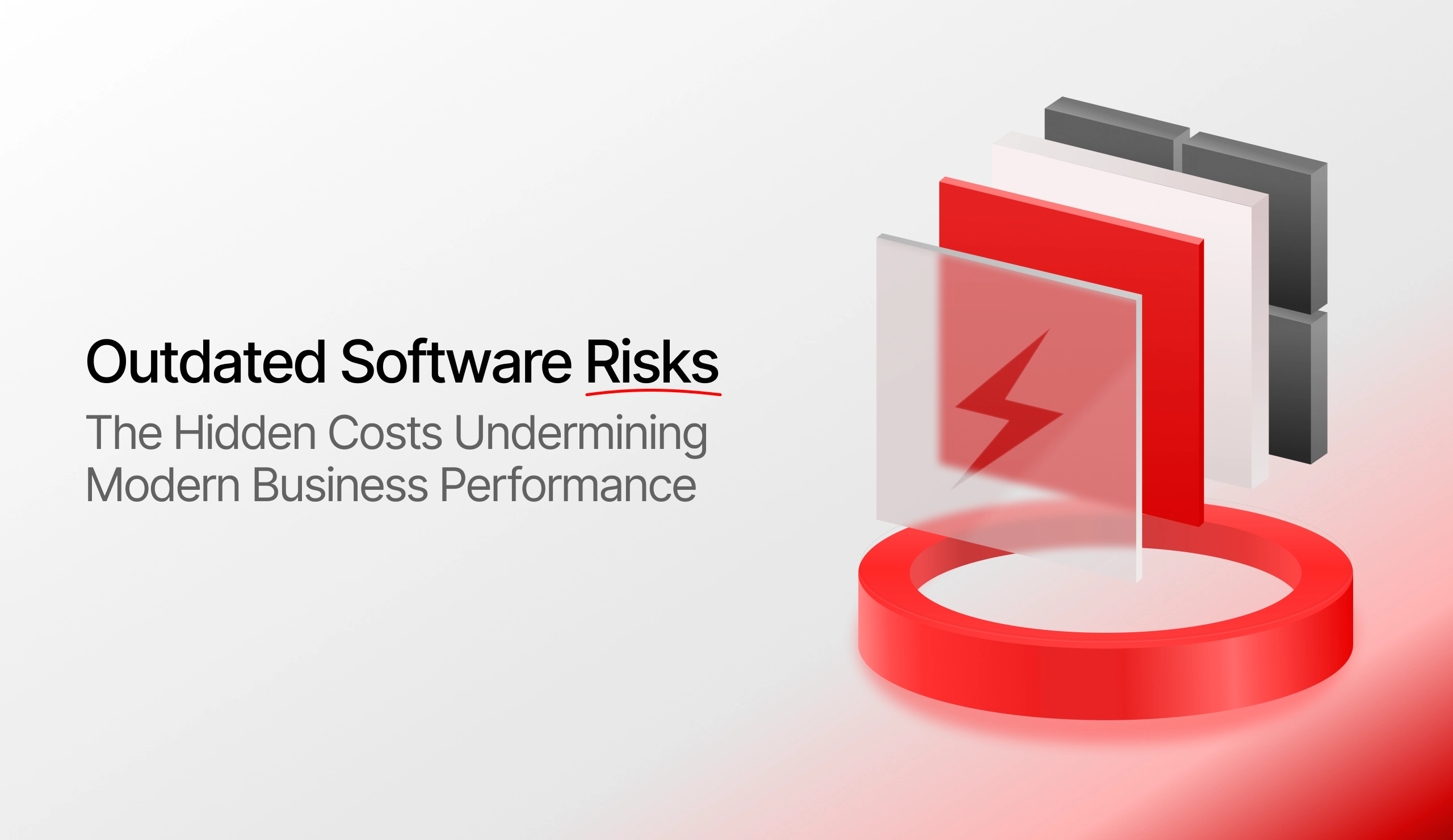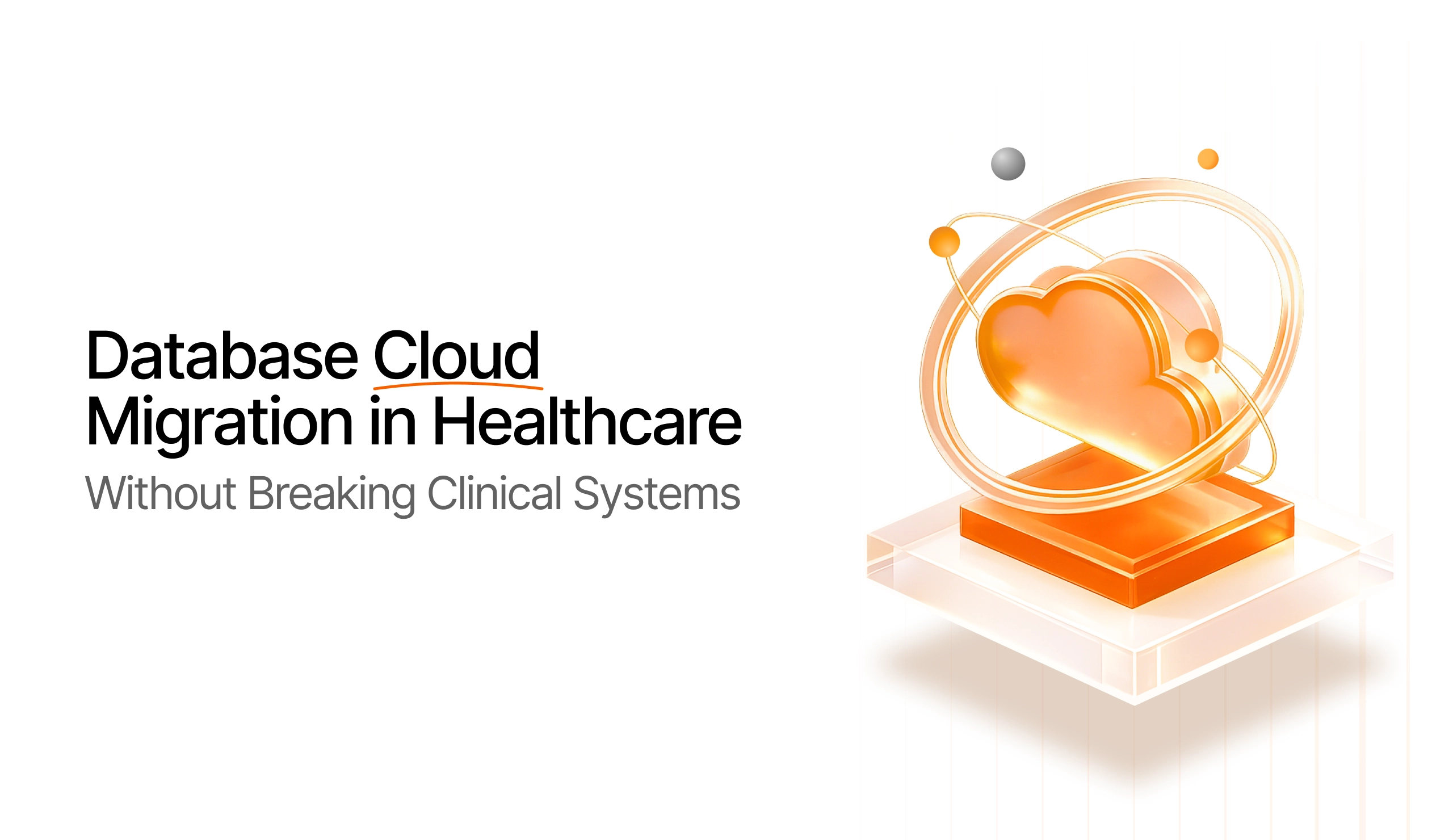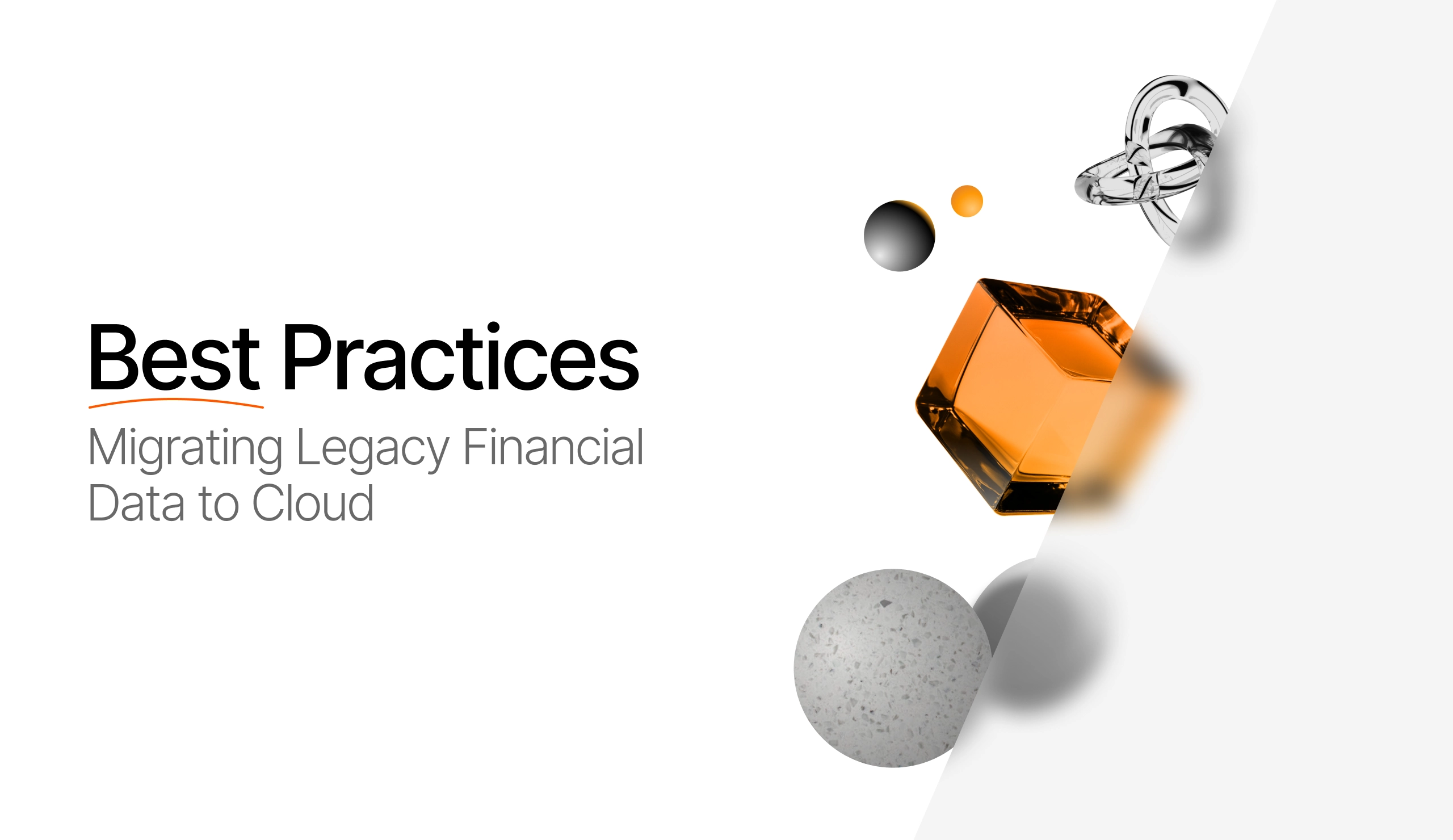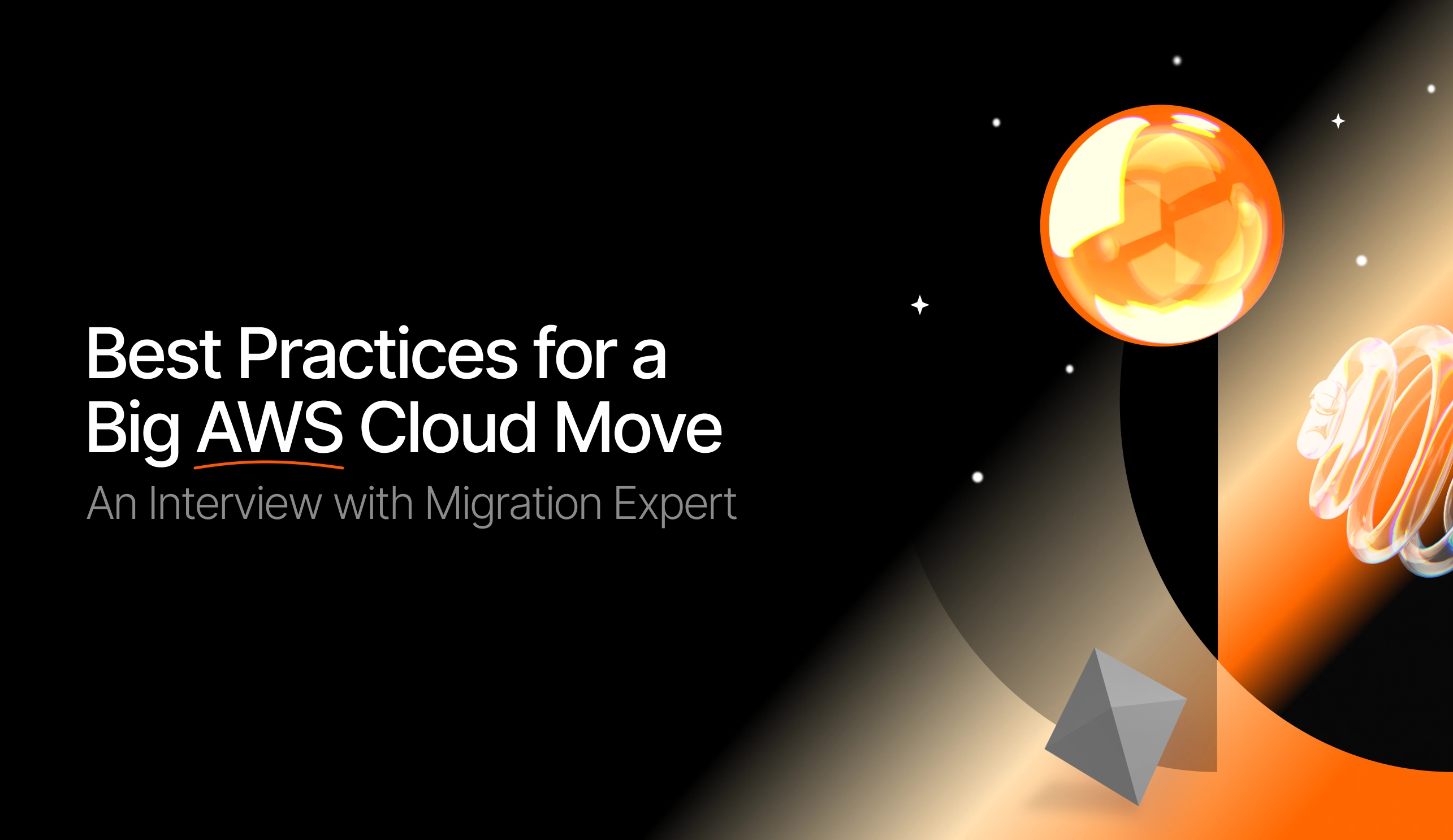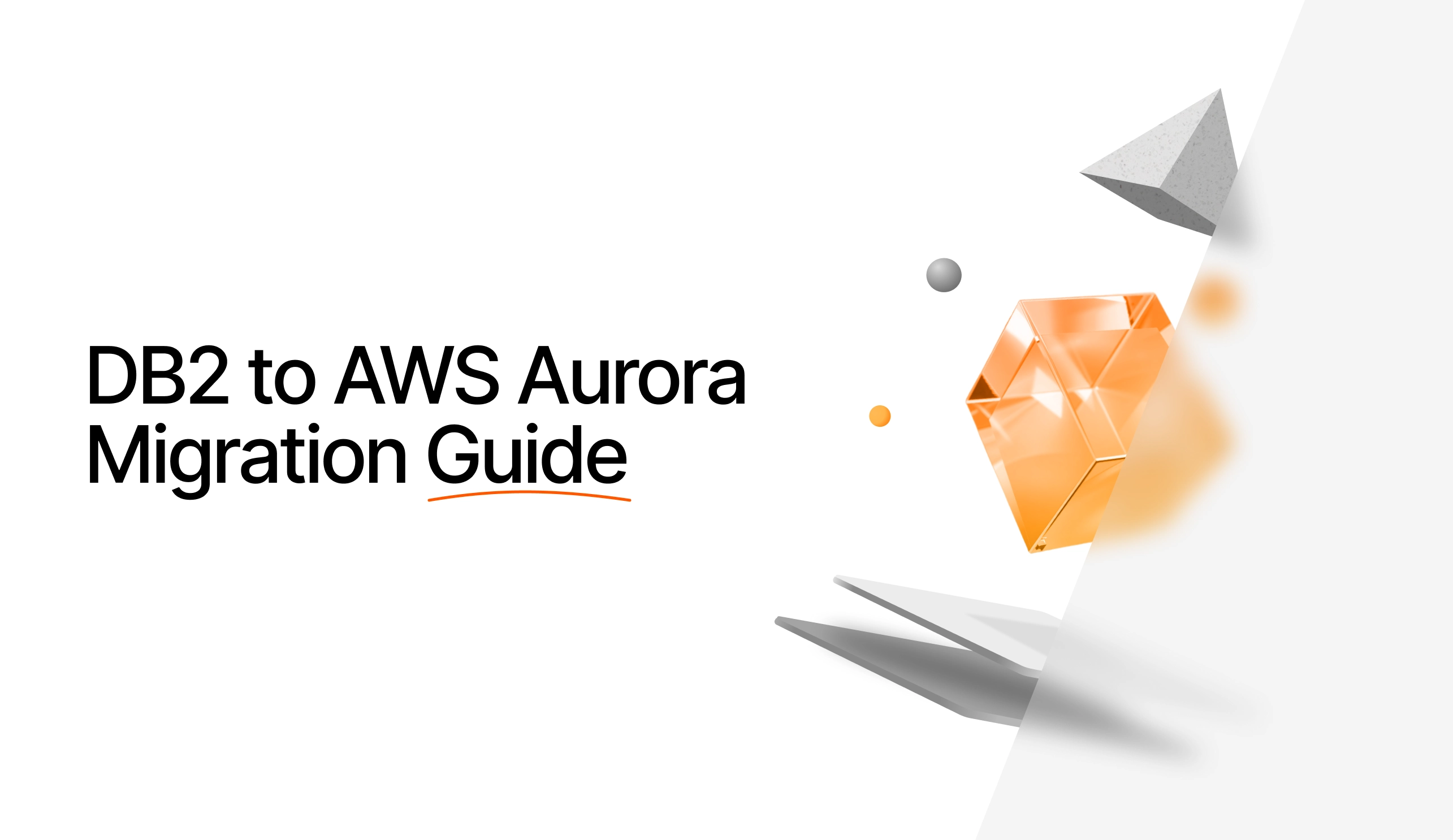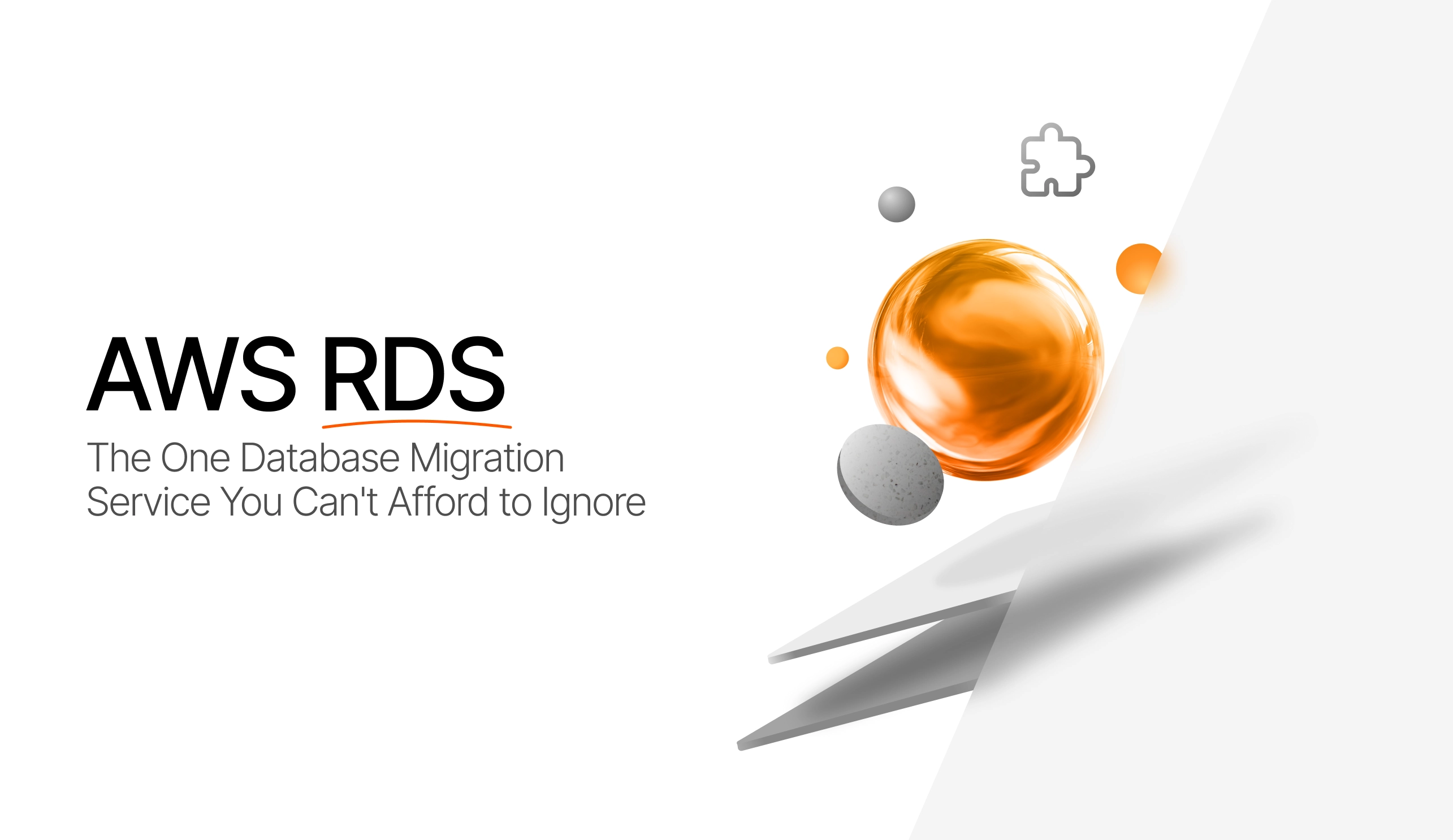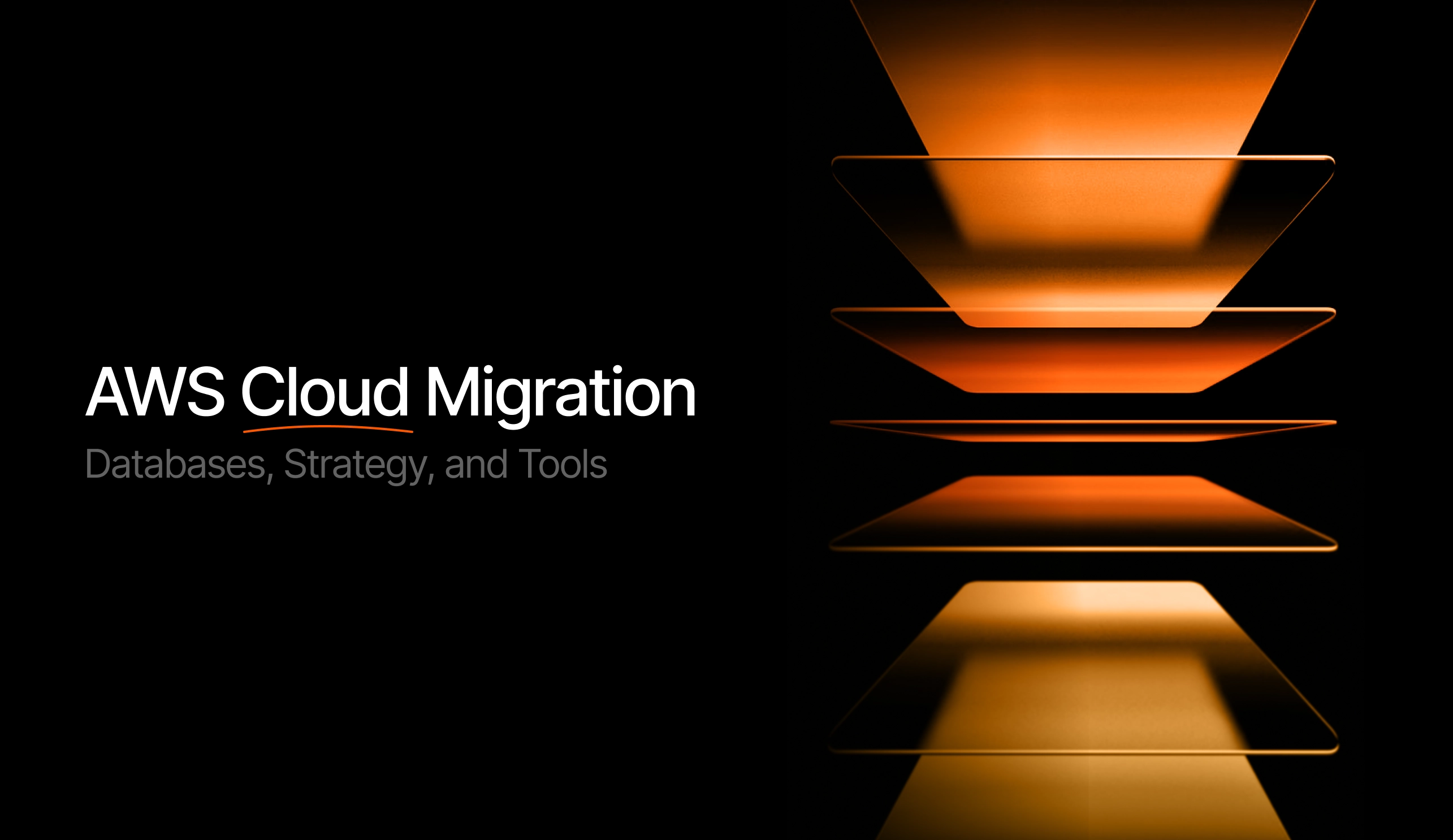Alex M., Head of the Database Migration Department at Ispirer Systems, explains how to choose a cloud provider. Let's explore cloud types (IaaS, PaaS, SaaS) and must-know factors like cost, security, scalability, and more.
Let's start with the basics. What exactly is a cloud service provider?
Alex: A cloud service provider, or CSP, is a company that offers computing resources, like storage, processing power, or software, over the internet. Instead of setting up and managing servers, you can rent these resources from such providers.
There are different types of cloud providers. Can you break that down for us?
Alex: Cloud providers generally fall into three categories:
- IaaS (Infrastructure as a Service) gives you access to the fundamental IT infrastructure, like servers, storage, and networking, without buying and managing the hardware yourself.
- PaaS (Platform as a Service) offers tools and services for creating and deploying applications. So, they handle operating systems, middleware, and databases, but you still develop your apps.
- SaaS (Software as a Service) is the most familiar type, which gives complete applications that you can use directly, such as Gmail, Google Docs, or Salesforce. You don't need to manage any of the underlying infrastructure.
For SaaS, everything's pretty much taken care of: applications are ready to go, and you just need to use them. But for IaaS or PaaS, there's more technical involvement because you'll still need to manage and deploy your applications and services.
Can you give me some examples of actual cloud service providers?
Alex: Amazon Web Services (AWS), Microsoft Azure, and Google Cloud are the big three, and they dominate the market, but other players like IBM Cloud, Alibaba Cloud, and Oracle Cloud exist.
Many businesses choose one provider for certain services, like storage, and another for computing power. They aim to get the best of both worlds: specialized services from different providers without being locked into one ecosystem.
Is there a downside to using multiple providers?
Alex: Yes, managing multiple cloud environments is a bit complicated. The complexity can increase, especially when it comes to integration and tracking, if everything works well across platforms.
Multiple clouds also bring higher costs, so while you get more flexibility, it is important to weigh potential challenges.
But why should businesses choose a cloud provider? What's in it for them?
Alex: Moving to the cloud offers many perks, like there are no huge upfront costs for buying hardware. You pay only for what you use, like a subscription.
Next is scalability. If your business grows fast, you can scale up your services and not worry about outgrowing your infrastructure. These providers are generally reliable, and their services run with a set uptime guarantee (called an SLA).
Plus, cloud services let businesses deploy new applications, update old ones, and respond faster to customer needs, giving them more agility. And, of course, CSPs have strong security measures.
Are there any challenges to working with a cloud provider?
Alex: While the cloud provider secures the infrastructure, you're still responsible for securing your data and applications. So, it's a shared responsibility model.
Also, if you're working with multiple providers, you'll need to manage several contracts and SLAs. Keep in mind that some CSPs don't play nice with others, so switching or moving your data elsewhere might be tough if you become too dependent on one.
Moving data, apps, and systems to the cloud isn't always straightforward either, especially if you're dealing with legacy databases or complex environments. Without data migration expertise, you risk errors, data loss, or extended outages.
In reality, cloud isn't for everyone, and if your business handles extremely sensitive data, like medical records or financial information, you might need to be cautious.
One more is when there's limited or unreliable internet connectivity. Cloud services depend on stable internet access, so if your region has connectivity issues, you might struggle with performance.
How do businesses ensure their data is safe?
Alex: CSPs invest much in advanced technologies, like encryption and multi-factor authentication, to protect your data. But, as I said, it's a shared responsibility model, meaning the CSP secures the infrastructure while you, on your end, need to manage things like user access, data encryption, and other security measures.
So, how should a business go about choosing the right cloud provider? What goes first?
Alex: Cost is a major factor. Beyond comparing basic pricing models, you'll need to investigate the specifics of pay-as-you-go vs. reserved pricing models, licensing for specific services (e.g., database or storage usage), and hidden costs that come with extra features or higher data transfer fees.
Also, don't forget the costs related to data ingress/egress or overages for computing resources.
Okay, what's next to consider?
Alex: It's good to assess how well the provider handles uptime guarantees and Service Level Agreements (SLAs). One way to do this is to look for real-world case studies or benchmarking reports on network latency, speed, and failure recovery times.
Downtime is expensive, so assess their resilience architecture carefully, including auto-scaling and load balancing.
As I mentioned, security isn't just about encryption or multi-factor authentication; you need to dig deeper into their approach to data sovereignty, which affects where and how your data is stored, especially if you're dealing with sensitive information.
The provider should comply with industry standards like ISO 27001, SOC 2, or GDPR. You'll also want to know about their incident response plans, identity and access management (IAM) controls, and encryption key management.
Is there anything else?
Alex: The provider should support flexible, open architecture, including multi-cloud and hybrid setups. Check if they can integrate third-party services or on-premise systems. Look for standard APIs, open-source compatibility, and container support (like Kubernetes) for smooth workload migration and management.
Performance is one more big thing that’s measured by the use of dedicated or shared resources and how fast you can scale up or down. If you rely on real-time processing or big data, you need a provider that handles low-latency networking, offers CDNs for faster content delivery, and integrates with data tools like BigQuery or Redshift.
What about if something goes wrong—what's the recovery process like?
Alex: Cloud providers have disaster recovery plans, one of the key benefits of working with them. They typically store data across multiple locations, also called data redundancy, which means if one server goes down, another one can pick up the slack.
And if something major happens, they usually have clear recovery protocols to get things back online quickly. However, you need to have backup and recovery plans, too.
What's the next step for someone looking to start with a cloud provider?
Alex: First, assess your business needs. What are you looking to do with the cloud: store data, build apps, or use existing software? Once you have a clear idea, sign up for a free trial or consult with a sales specialist from a provider to see if they do everything you need for you. Most CSPs will guide you through the setup process.
In general, choose a provider that is constantly innovating and following cloud trends. Look for one involved in developing new technologies, such as AI/ML, serverless computing, and edge computing. The good signs are if the provider offers AI-powered analytics, machine learning services, or even cloud GPUs for AI workloads.
What type of experts can help you choose and work with a cloud service provider?
Alex: Experts like cloud architects design your setup, cloud consultants advise on strategy, and data migration engineers like the Ispirer team perform smooth data transfers.
Data migration experts are especially crucial because they work with cloud migrations daily and know everything about compatibility and minimizing disruptions. Security experts and DevOps engineers are key to securing your cloud and optimizing deployment.
Read more: 11 Reasons Why Companies Fail at Cloud Migration and How to Succeed




